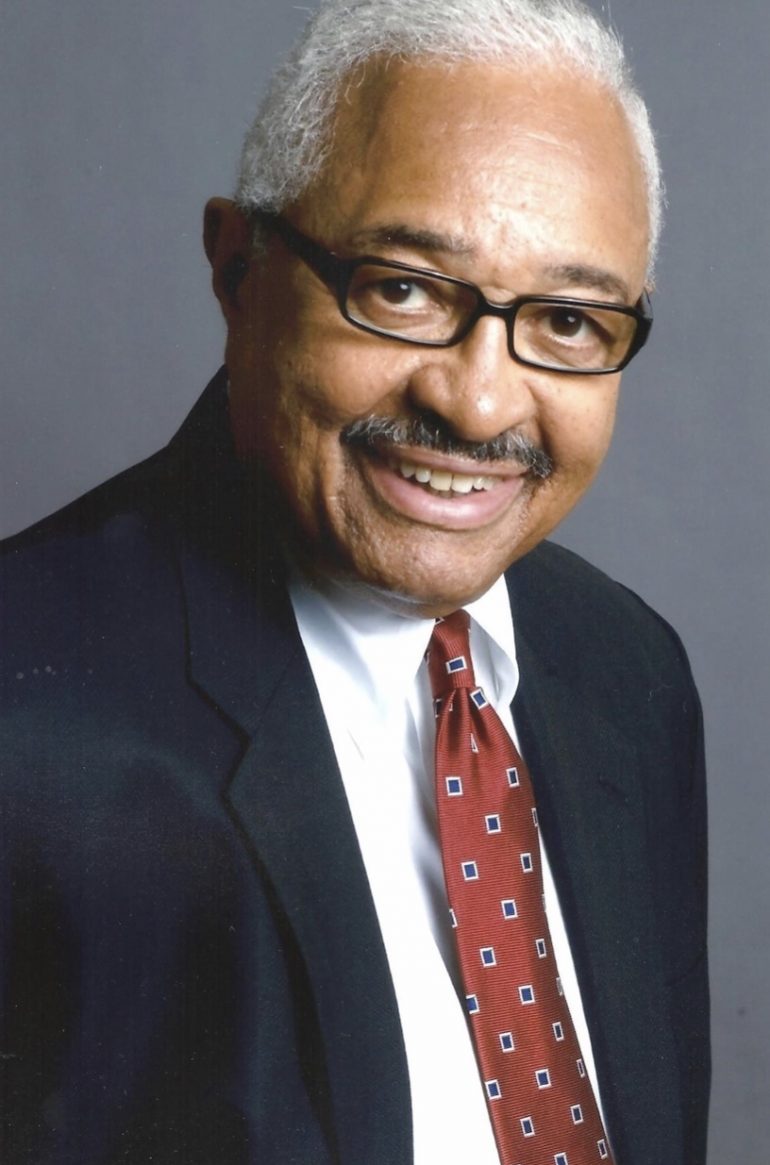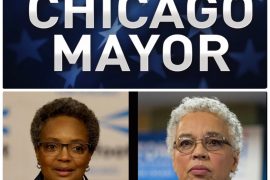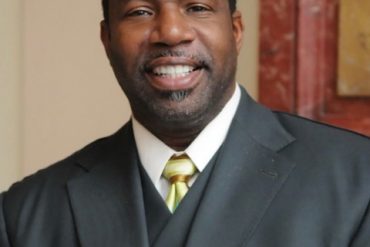The City Colleges of Chicago Foundation will honor its Chairman, William “Bill” Lowry, at its “Seven Strong” Inaugural Benefit” on November 15 at The Geraghty, located at 2520 South Hoyne in Chicago.
Lowry will receive the Ella Flagg Young Award, becoming the first to receive the honor that is named after the Chicagoan who lived from 1845 to 1918 and was the first woman in America to head a large city school system. Monies raised from the event will benefit City Colleges students with scholarships and emergency funds, and resources for veterans.
(For more information and to purchase tickets for the “Seven Strong Inaugural Benefit,” visit ccc.edu/sevenstrong or contact Niki Morrison at 872/315-2328, or nmorrison@ccc.edu.)
Lowry, who joined the City Colleges of Chicago Foundation Board in 2015, has amassed stellar career achievements. He has held positions in corporate and philanthropic communities, in education and as a TV host.
After serving in the Air Force, Lowry wanted a teaching job at Francis Park School in Chicago, but needed additional hours for certification, so he attended Wilson Jr. College, which is now Kennedy-King College and part of the City Colleges system.
Lowry’s corporate career began with Inland Steel, where he started in an executive training program and climbed the ladder to be a top executive for over 30 years in human resources, recruitment and personnel.
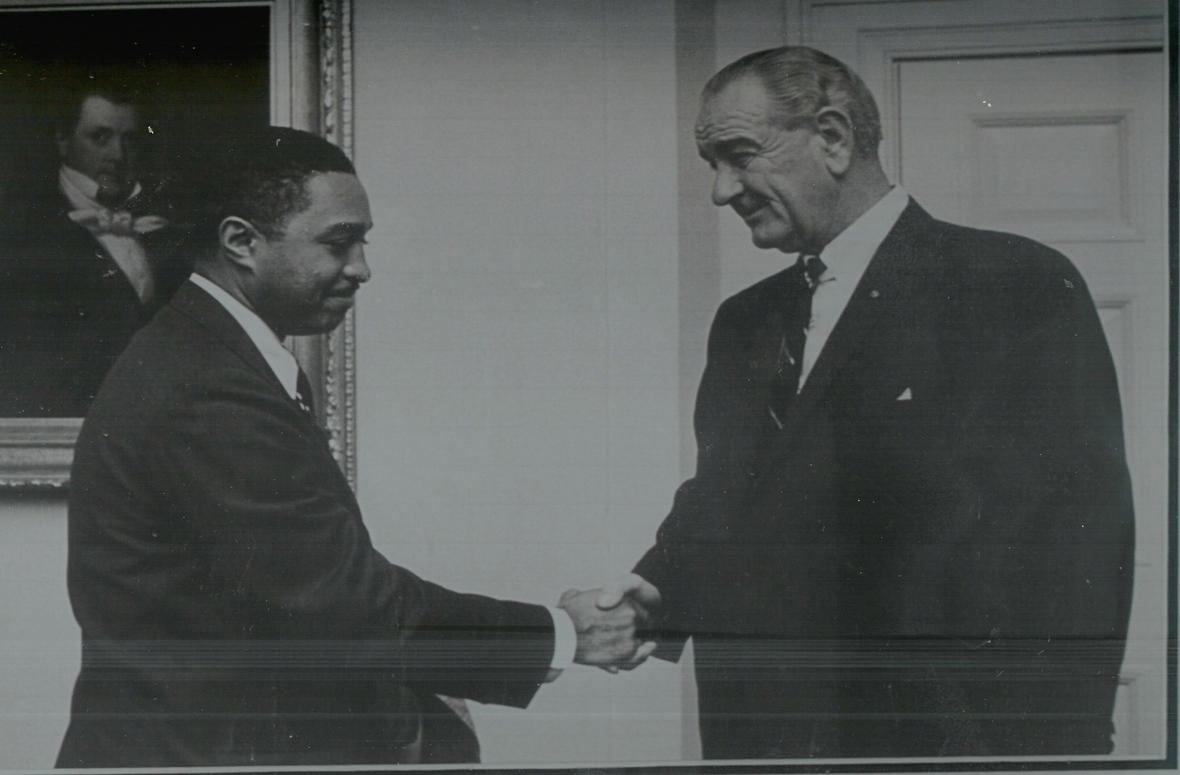
His philanthropic career started at the MacArthur Foundation, where he began as a consultant and ended up as Vice President of Administration and Human Resources for 14 years.
From there, Lowry went to the Chicago Community Trust, where he served as Special Assistant to the President. Bill also hosted the Emmy and Peabody Awarding winning program on CBS-TV called Opportunity Line, which aired for nearly a decade beginning in 1967 and helped more than one million people with job placement and training.
N’DIGO has admired Mr. Lowry for years for his leadership and we sat down with him recently to catch up and learn more about his new duties at the City Colleges of Chicago (CCC).
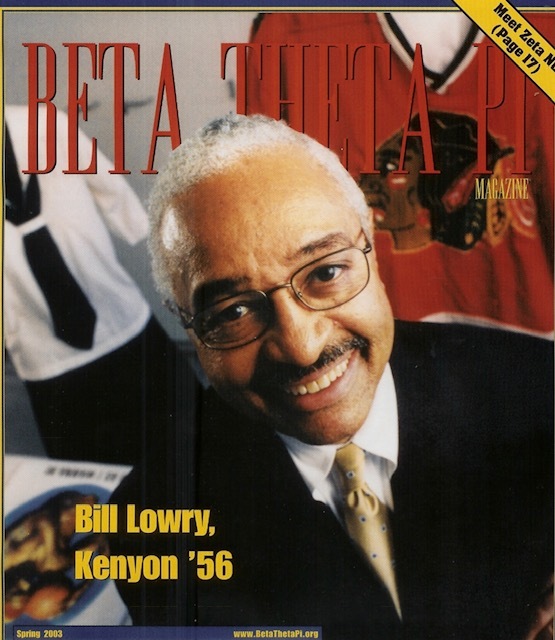
N’DIGO: What does it mean to you to be honored with the first Ella Flagg Young Award?
Bill Lowry: To be the first person to receive the award is to say that it’s never too old to be humble, for I am humbled and gratified because of what it symbolizes. I have regarded City Colleges as a diamond in the rough. CCC has not received the proper recognition in this city.
I am glad to see the profile raised. It’s an opportunity to be used as a vehicle to bring about diversification, representing for a long time what I have worked for in the city to bring about, which is unison. This recognition pays homage to that.
The City Colleges have been a launching pad for many, including me. I took the educational courses needed to qualify me for accreditation so that I could teach at Francis Parker as a coach.
In your new role with the City Colleges, what would you most like to accomplish?
I would like to enhance the image of CCC to the point where it is recognized by universities, to the point where it is a lynch pin for many. I would like for people to recognize and support these schools.
There is an essence here unrecognized. It is a first step and second step to education. I would like to bring that to the surface. These schools are currently not recognized as such. I would also like to raise money for scholarships so the system can have money to do what they need to do for students to have successful careers.
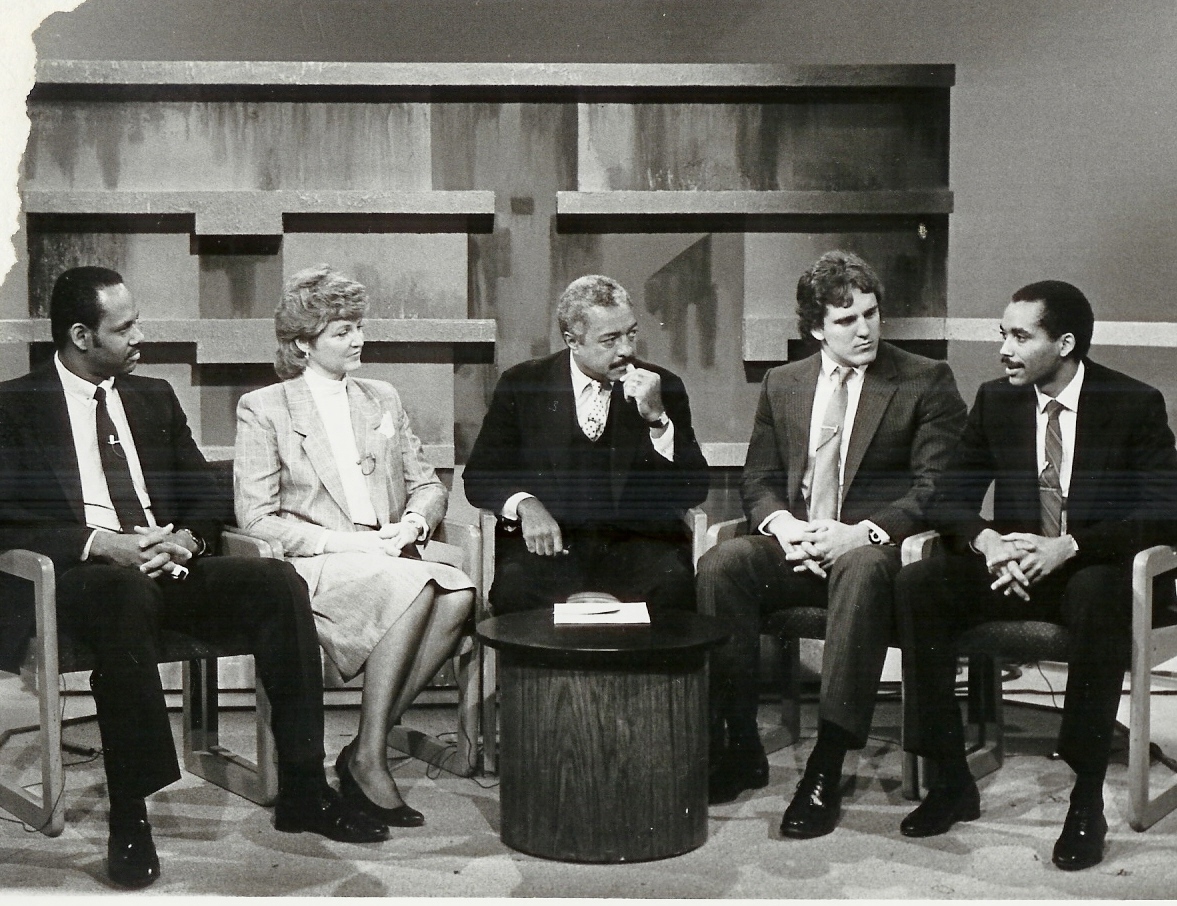
In your more than 30 years as a corporate executive, what three things did you definitely learn?
I’d say the Principals of Life. First, don’t allow your emotions to overrule your reason. Many times people become emotional and don’t use their intelligence. So be rational and not overly emotional.
Secondly, you never learn anything while talking. You need to be an active listener, to hear what others are saying. I place a great deal on communication. You must have understanding of another’s frame of reference. You cannot influence others unless you give attention to them. This is critical in making decisions to address the things you are looking for in a group. You do nothing alone – you must understand others.
Third, the old adage of “do unto others what you would have done unto you.” You have to have empathy to produce the right behaviors. You must put yourself in the other person’s shoes.
You retired from the philanthropic world only to join the City Colleges of Chicago Foundation; what was the appeal that brought you out of retirement?
In all honesty, my first retirement was early retirement from Inland Steel. Since that time, I have retired from several other careers. I retired from the MacArthur Foundation. I retired from the Chicago Community Trust. I have retired as a business consultant. Retirement must not really be a word that I have in my lexicon!
My biggest challenge now is staying out of my wife’s way. Seriously, though, it’s essential for people to continue to function. It’s unhealthy not to work. I am action oriented. I didn’t come out of retirement; it was simply part of doing additional things. I love education and to be able to help in a meaningful way people of color so that I can actualize others’ potential – that is why I am doing what I do.
In your many years in the philanthropic community, what three things did you definitely learn?
If you are genuinely interested in another’s progression, it is appreciated and returned. People do appreciate genuineness and sincerity; people will respond in a sincere way and respond in kind.
Secondly, if people want to truly make a difference, it usually involves more than money. Something has to be behind the money. Money alone will not go do it. If you want people to respond positively, you must do more than write a check. Your efforts are the primary thing.
Third, the needs that we have within our communities, Black and brown, are bottomless. The need is so great and people have been approaching these communities with substance, but our people have not progressed, and we have to change that.
Our people need hope. You must believe in something better than what you have. You have to work hard and we have to get out of this rut to survive. The TV show that I did was important. The Opportunity Line was used as a vehicle to get people into jobs and training on Channel 2. We served better than a million people at that time. People recognized me for getting my first job on TV and now I am retired. That’s important to me.
I got into TV with no experience. Joe Black, who did the radio commentary show By The Way, With Joe Black, and the late Bill Farrow of Commonwealth Edison, were friends of mine. We started a youth motivation program where we went to high schools to talk about careers and training.
We did that for about 30 years until the Chamber of Commerce picked up the program. The first session was at Farragut High School. The late, great radio deejay Herb Kent used to go with me. This actually led to me doing the TV show.
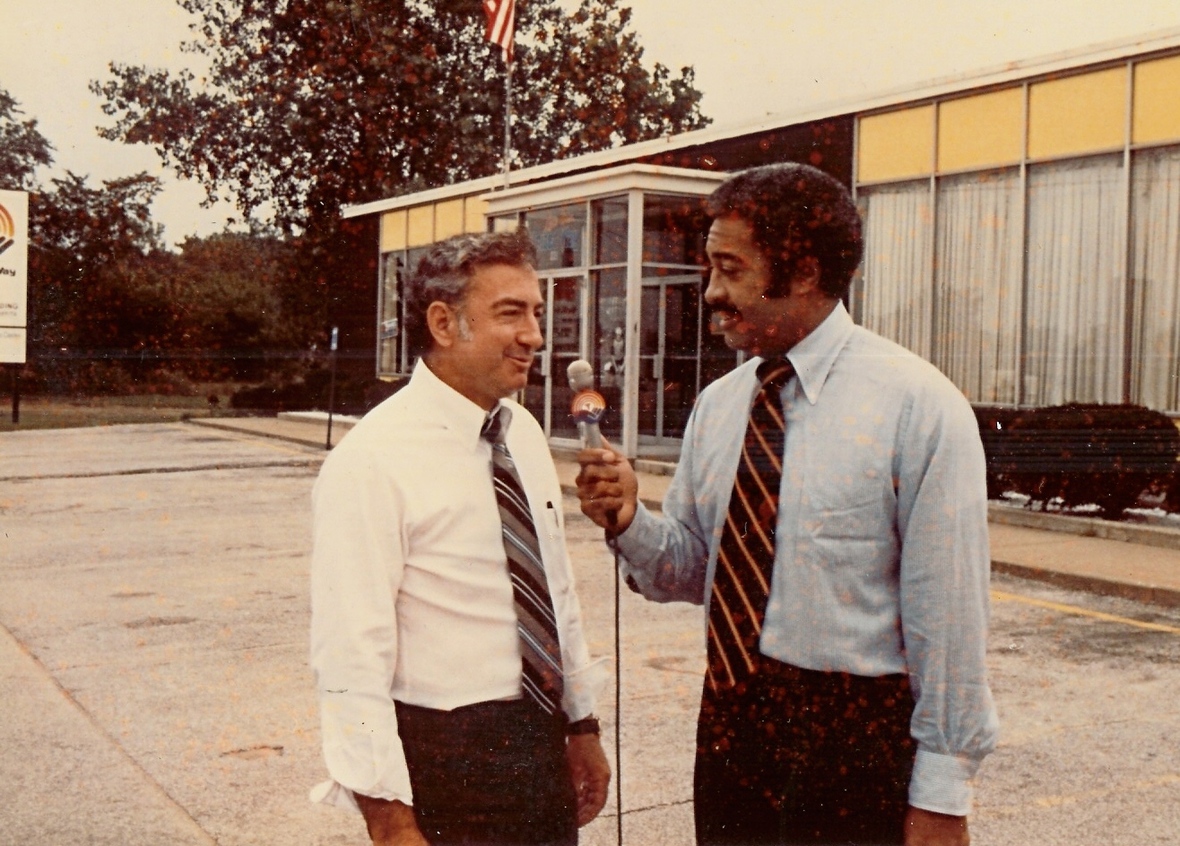
How did that come about?
Well, CBS wanted to do something locally along the lines of housing, education and employment. They were calling people to discuss ideas as to what kind of program was needed, who could host the program, that kind of thing. They finally decided to more forward and I got a call from CBS.
I guess they heard about what I was doing with the youth motivation work, so I was called for an audition. This was a passion of mine, to help young Black men and women get jobs. This show was about opportunities for jobs and training, so that was a good combination to talk about and it could not get much more accommodating.
I also served on the Chicago and Cook County Welfare Reform Task Force under the Clinton administration and we were looking at what does the welfare reform mean in terms of jobs. Barack Obama was also assigned to this committee, as were Tom Dart and the late Rev. Ken Smith. We were connecting to neighborhoods and environments that are often neglected, yet important to me.
Where is your favorite place in Chicago?
As a kid it was Washington Park, but now it is the Museum of Science and Industry and the Art Institute. So many things here offer us a significance that doesn’t exist elsewhere, despite the violence and injustices.
Who would you most like to have dinner with?
My mother, simply because I miss her, and Nelson Mandela – I never met him, but just on the basis of what he accomplished. He had such human qualities that are not duplicated. I would love to sit at his feet for guidance and to get answers to things I don’t have answers to.
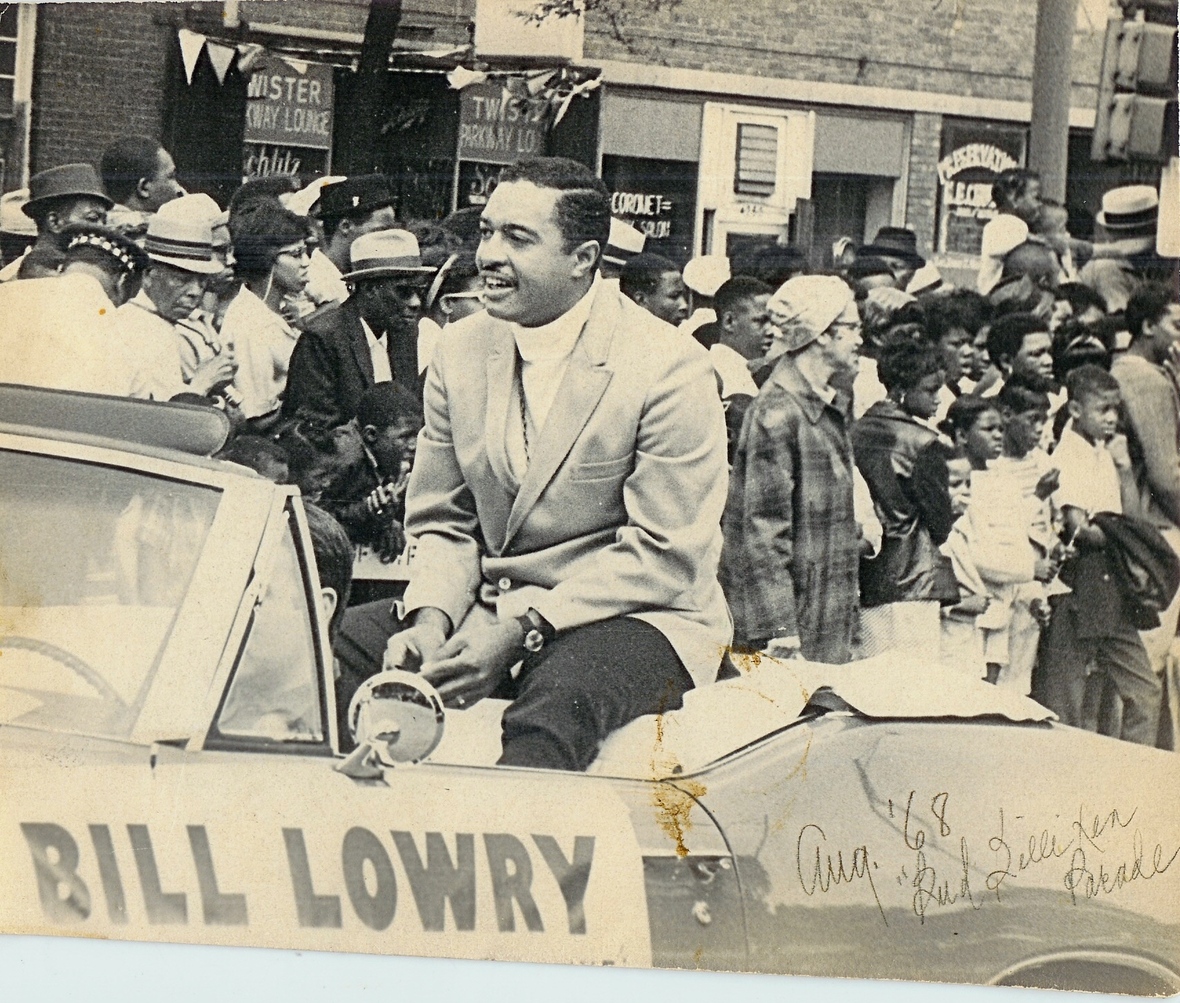
What’s your favorite book?
The greatest book to impact me was Plato’s Republic, dealing with principals. I enjoyed the principals developed. I was a jock and philosopher. My teacher said, drop philosophy as a major, but take as many philosophy courses as you can. So I transferred to history.
What advice would you give a young college student?
I try to tailor my conversation to the person I am talking to, but in general, I would try to give a student the principals that I live by. Listen to others. Do unto others as you would have them do unto you. There are things in life that are more valuable collectively and not just to you; this will give you better relationships.
Don’t strive just for self; you will miss dimensions. Don’t be narrow in your thinking. Don’t be afraid of work. If you truly want to accomplish something, you have to commit yourself with time and energy. Absent of that, you will never achieve your goals. Many of us are born with abilities, with innate talent, but it’s never actualized because we don’t work at it. Don’t accept mediocrity; you will never be perfect, but shoot for it.
What should students mostly prepare themselves for?
Rejection, and how to overcome it. Don’t accept rejection. Be prepared to counter it with effort and determination. You must overcome the roadblocks that lead to success.


